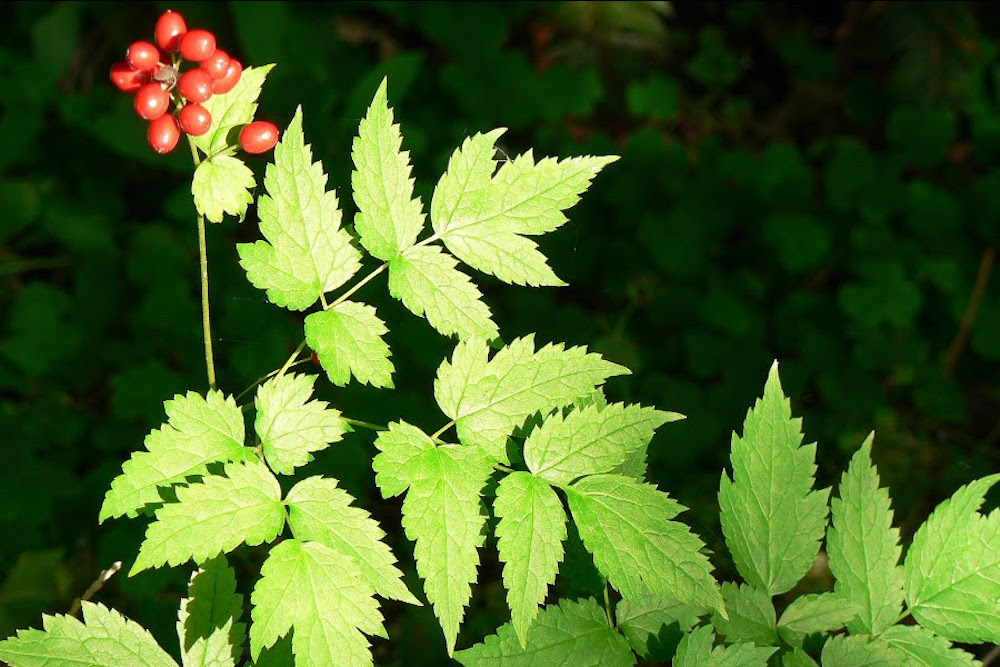Every week, the editors of The Paris Review lift the paywall on a selection of interviews, stories, poems, and more from the magazine’s archive. You can have these unlocked pieces delivered straight to your inbox every Sunday by signing up for the Redux newsletter.
This week at The Paris Review, we’re highlighting queer and trans writers in our archive in honor of Pride. Read on for Jeanette Winterson’s Art of Fiction interview, Jericho Brown’s “The Trees,” Timothy Liu’s “Action Painting,” and a selection of diary entries by Jan Morris.
If you enjoy these free interviews, stories, and poems, why not subscribe to The Paris Review and read the entire archive? You’ll also get four new issues of the quarterly delivered straight to your door. And for as long as we’re flattening the curve, The Paris Review will be sending out a new weekly newsletter, The Art of Distance, featuring unlocked archival selections, dispatches from the Daily, and efforts from our peer organizations. Read the latest edition here, and then sign up for more.
Jeanette Winterson, The Art of Fiction No. 150
Issue no. 145 (Winter 1997)
INTERVIEWER
One might say that your writing is characterized by a kind of excess. Have you gotten different responses to that aspect of your work?
WINTERSON
If you want something to be clear straightaway then it’s probably better not to read my books. Read somebody else’s. I don’t really feel that I should be held accountable for writing the kinds of books that I want to write just because some reader I can’t imagine or will never know doesn’t want to read them. It seems a bit unfair. You can’t win in the art stakes, because there is always somebody who is cross with you. So that’s why it is better not to care and instead think, Well, I must really do my work, hope that it reaches people and leave the rest to chance. That’s often mistaken for arrogance, but it isn’t. You have to believe that you are good, because if you think you are rubbish, why are you doing this stuff anyway? And what are you doing chucking it out there for people to buy? I think that would be the true arrogance—if you thought your stuff was rubbish and still got people to pay good money to read it.
The Trees
By Jericho Brown
Issue no. 226 (Fall 2018)
In my front yard live three crepe myrtles, crying trees
We once called them, not the shadiest but soothing
During a break from work in the heat, their cool sweatFalling into us. I don’t want to make more of it.
I’d like to let these spindly things be
Since my gift for transformation here provesUseless now that I know everyone moves the same …
Action Painting
By Timothy Liu
Issue no. 144 (Fall 1997)
A canvas we cannot stretch across the frame
nor staple down to fact: a ladder leaningagainst an awning, workers pitching tar
on the roof of a church packed each weekwith swine—a chain of pearls dangling …
Diaries
By Jan Morris
Issue no. 225 (Summer 2018)
Not long ago there was certainly more of it, but shifting ecology has robbed us of the grass snakes, glowworms, and occasional lizards that used to frequent the place—even the toads seem scarcer. Never mind, butterflies visit me as I laze, bees and wasps buzz around, beetles and caterpillars make for the gravel, sometimes a handsome dragonfly comes up from the river or a robin hops in. A sudden scuffle in the bushes means that a clumsy squirrel or two are in there—and yes, there they are leaping erratically from branch to branch. More often a crow or a blackbird swoops or cackles among the trees, and a wood pigeon monotonously serenades its mate. Sometimes coveys of seagulls from Cardigan Bay pass overhead, on their way to a promising harvesting somewhere: our owls are still asleep, I suppose, but I like to think of them anyway, there in the dark of the woods.
Ah, but here comes our merry postman with his morning consignment of trash. Elizabeth drops her trowel and pops off to make some coffee, and I pull myself together, stretch, send my respectful regards to Ovid and the emperor, and leave the yard to the rest of them.
And to read more from the Paris Review archives, make sure to subscribe! In addition to four print issues per year, you’ll also receive complete digital access to our sixty-seven years’ worth of archives.
from The Paris Review https://ift.tt/3ePsZ4N




Comments
Post a Comment